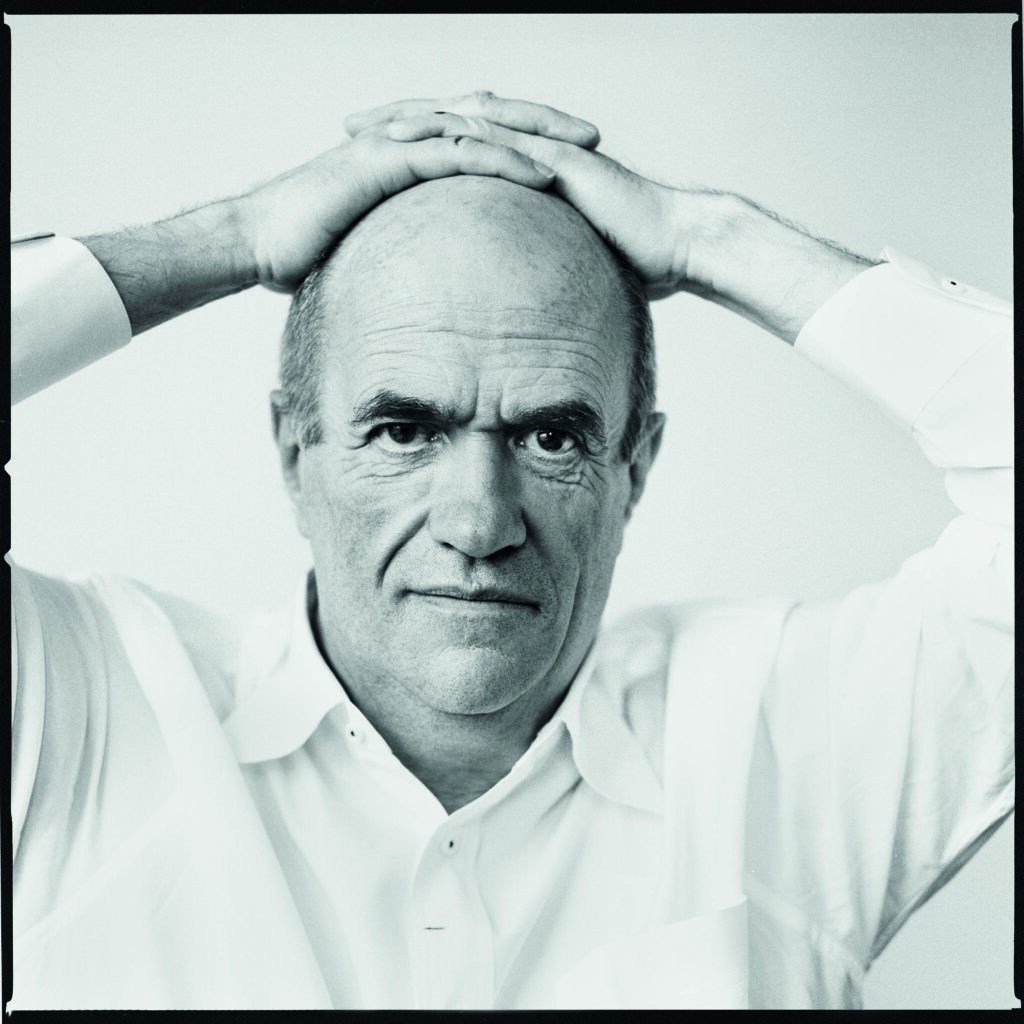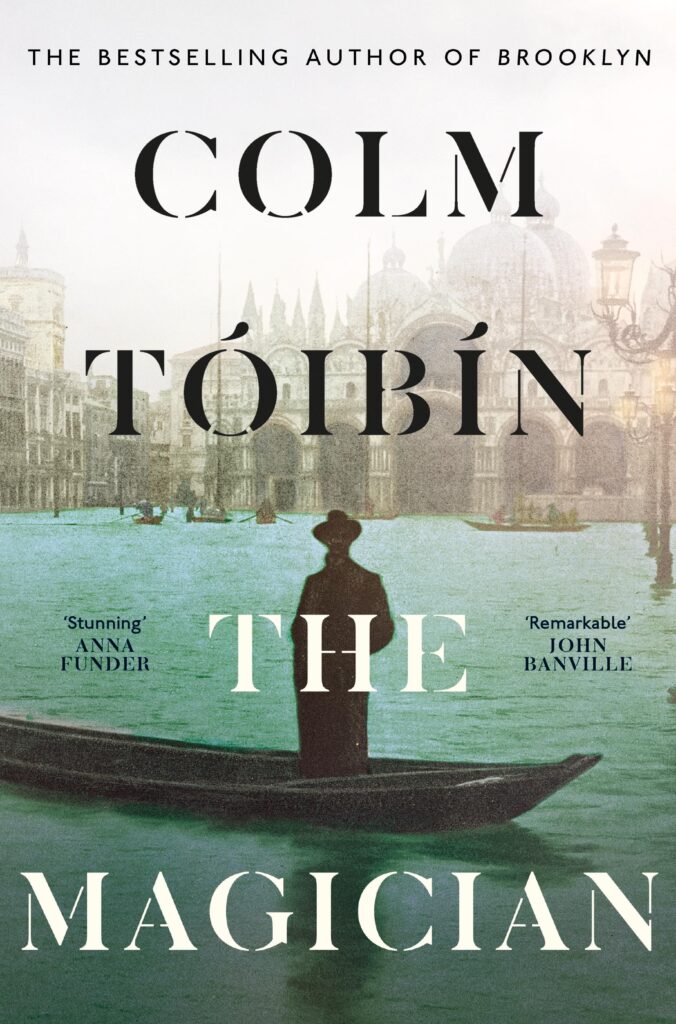Thomas Mann was born into a mercantile family in Lübeck in Northern Germany in 1875 and died in Switzerland in 1955. In his early teens, when his father died, the will commanded that the family business be wound up. Thomas Mann’s mother moved to Munich with her three youngest children, leaving Thomas behind in Lübeck to finish his education, and allowing Heinrich, the eldest sibling, to begin his life as a writer.
At the age of twenty-five Thomas Mann completed his first novel ‘Buddenbrooks’, the story of a family close to his own, which made his reputation.
In Munich, Thomas Mann met the young, clever heiress Katia Pringsheim, whom he married in 1905. They had six children. In her memoirs, written in old age, Katia made clear that she viewed her husband’s sexual interest in young men with a mixture of tolerance and nonchalance. In 1933, when Hitler came to power, the Manns went into an exile that was spent in Switzerland, France and then, from 1938 to 1952, in the United States, first in Princeton and then in Los Angeles.
By the time he arrived in America, having won the Nobel Prize in 1929, Thomas Mann was, with Einstein, the most famous German alive. His speeches against Hitler were attended by large crowds in America and he developed a special relationship with President Roosevelt.
On the surface, Mann seemed distant, scholarly, buttoned-up, reserved. But when his diaries were published twenty-five years after his death, a more passionate figure emerged. Mann wrote about his interest in young men and his own uneasy relationship with fame, with family, with fatherland.
I wrote ‘The Magician’ because I became fascinated by the ambiguities in him, how the loss of his father and his home in Lübeck continued to haunt him even to the end of his life, how his marriage, despite his sexuality, was oddly successful, how his children in their assertiveness and sparkling talent showed him a life that he never had the chance or the courage to live.
He worked every morning, living a high bourgeois life, with a grand house in Munich and another, built in 1942, in Los Angeles. In his best novels and stories, he is a magisterial figure, but the energy that these books exude came from fear and frailty, unease in the world, rather than strength of character or confidence. It is the gap between the man who suffered and the mind that created that made me want to write The Magician.

Colm Tóibín was born in Enniscorthy in 1955. He is the author of nine novels including The Master, Brooklyn, The Testament of Mary and Nora Webster and, most recently, House of Names. His work has been shortlisted for the Booker three times, won the Costa Novel Award and the Impac Award. He has also published two collections of stories and many works of non-fiction. He lives in Dublin.







Recent Comments